-
 Bitcoin
Bitcoin $115000
0.12% -
 Ethereum
Ethereum $3701
4.50% -
 XRP
XRP $3.081
2.99% -
 Tether USDt
Tether USDt $0.0000
-0.01% -
 BNB
BNB $767.9
1.45% -
 Solana
Solana $169.5
3.13% -
 USDC
USDC $0.9999
0.01% -
 Dogecoin
Dogecoin $0.2106
4.30% -
 TRON
TRON $0.3334
1.62% -
 Cardano
Cardano $0.7564
2.54% -
 Stellar
Stellar $0.4165
0.76% -
 Hyperliquid
Hyperliquid $38.75
0.25% -
 Sui
Sui $3.593
3.00% -
 Chainlink
Chainlink $17.08
3.59% -
 Bitcoin Cash
Bitcoin Cash $573.6
4.35% -
 Hedera
Hedera $0.2508
-0.84% -
 Avalanche
Avalanche $23.07
6.46% -
 Ethena USDe
Ethena USDe $1.001
-0.02% -
 Litecoin
Litecoin $120.8
8.17% -
 UNUS SED LEO
UNUS SED LEO $8.943
-0.32% -
 Toncoin
Toncoin $3.400
-5.60% -
 Shiba Inu
Shiba Inu $0.00001255
1.54% -
 Uniswap
Uniswap $9.908
6.32% -
 Polkadot
Polkadot $3.718
2.10% -
 Monero
Monero $303.0
-0.74% -
 Dai
Dai $0.9999
-0.02% -
 Bitget Token
Bitget Token $4.392
0.91% -
 Cronos
Cronos $0.1403
6.31% -
 Pepe
Pepe $0.00001076
1.13% -
 Aave
Aave $267.2
1.80%
what's etf approval
To obtain ETF approval from the SEC, investment funds must meet specific requirements including registration, prospectus disclosure, and qualified management.
Oct 21, 2024 at 04:36 am
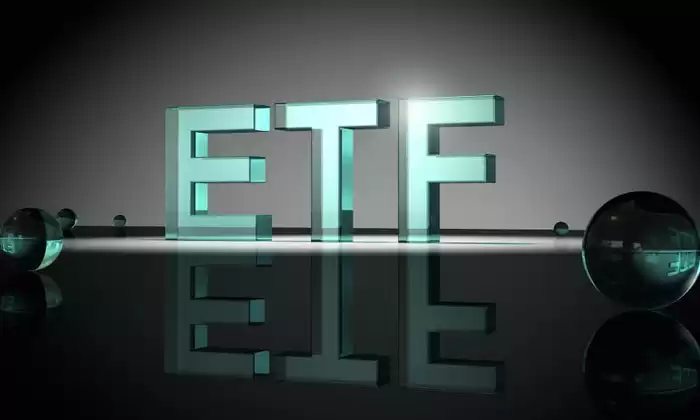
What is ETF approval?
An exchange-traded fund (ETF) is a type of investment fund that tracks a basket of assets, such as stocks, bonds, or commodities. ETFs are traded on stock exchanges, just like stocks, and offer a number of advantages over traditional mutual funds, including lower costs, greater transparency, and more flexibility.
How do you get ETF approval?
To get ETF approval, you need to file a registration statement with the Securities and Exchange Commission (SEC). The registration statement must include a detailed description of the ETF, its investment objectives, and its risks. The SEC will review the registration statement and may ask for additional information. Once the SEC has approved the registration statement, the ETF can begin trading.
What are the requirements for ETF approval?
The requirements for ETF approval vary depending on the type of ETF. However, all ETFs must meet the following general requirements:
- The ETF must be registered with the SEC.
- The ETF must have a prospectus that discloses all of the ETF's investment objectives, risks, and fees.
- The ETF must be managed by a qualified investment adviser.
- The ETF must have a custodian that holds the ETF's assets.
What are the benefits of ETF approval?
There are a number of benefits to getting ETF approval, including:
- Increased exposure to investors: ETFs are traded on stock exchanges, which gives them a much wider audience than traditional mutual funds. This can lead to increased demand for the ETF and higher returns for investors.
- Lower costs: ETFs typically have lower costs than traditional mutual funds. This is because ETFs do not have to pay sales loads or distribution fees.
- Greater transparency: ETFs are required to disclose all of their investment objectives, risks, and fees in their prospectus. This makes it easier for investors to understand how the ETF works and how it is invested.
- More flexibility: ETFs offer more flexibility than traditional mutual funds. Investors can buy and sell ETFs throughout the trading day, just like stocks. This gives investors the ability to take advantage of market volatility and to adjust their portfolio as needed.
What are the risks of ETF approval?
There are also a number of risks associated with ETF approval, including:
- Market risk: ETFs are subject to the same market risks as stocks and other investments. This means that the value of an ETF can fluctuate depending on the performance of the underlying assets.
- Investment risk: ETFs invest in a basket of assets, which means that they are subject to the risks associated with each of those assets. For example, an ETF that invests in stocks is subject to the risk of losing money if the stock market declines.
- Management risk: ETFs are managed by investment advisers, who make decisions about which assets to invest in. If the investment adviser makes poor decisions, it can lead to losses for investors.
- Custodial risk: ETFs are custodied by third-party custodians, who hold the ETF's assets. If the custodian fails to properly safeguard the ETF's assets, it can lead to losses for investors.
Disclaimer:info@kdj.com
The information provided is not trading advice. kdj.com does not assume any responsibility for any investments made based on the information provided in this article. Cryptocurrencies are highly volatile and it is highly recommended that you invest with caution after thorough research!
If you believe that the content used on this website infringes your copyright, please contact us immediately (info@kdj.com) and we will delete it promptly.
- Bitcoin, Fed Rate Cut, and Crypto Stocks: A New Yorker's Take
- 2025-08-05 14:50:12
- Police, Cryptocurrency, Bitcoin Windfall: Unexpected Gains and Cautionary Tales
- 2025-08-05 15:30:12
- MAGACOIN: The Next Shiba Inu ROI? A Crypto Presale Deep Dive
- 2025-08-05 15:30:12
- Bitcoin, Kiyosaki, and the August Curse: Will History Repeat?
- 2025-08-05 14:50:12
- Crypto Airdrops: Your August 2025 Guide to Free Tokens & Opportunities
- 2025-08-05 13:45:13
- Luxury Dining Reimagined: St. Regis Singapore & Marriott's Culinary Celebration
- 2025-08-05 13:45:13
Related knowledge
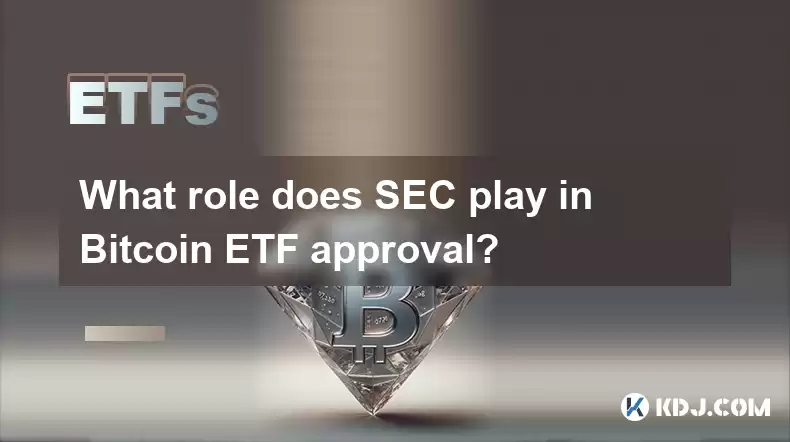
What role does SEC play in Bitcoin ETF approval?
Feb 25,2025 at 06:48am
Key Points:SEC's Role in Bitcoin ETF Approval ProcessHistorical Efforts to Establish a Bitcoin ETFSEC's Criteria for Bitcoin ETF ApprovalPotential Imp...
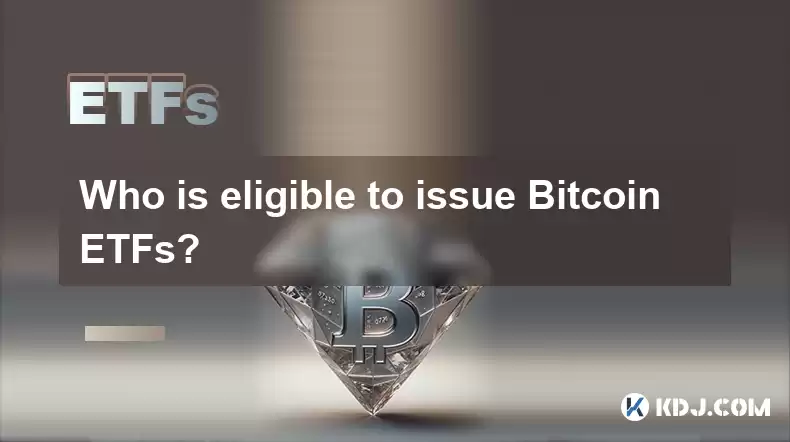
Who is eligible to issue Bitcoin ETFs?
Feb 25,2025 at 11:13am
Key Points:Only regulated financial institutions with the necessary expertise and infrastructure are eligible to issue Bitcoin ETFs.The Securities and...
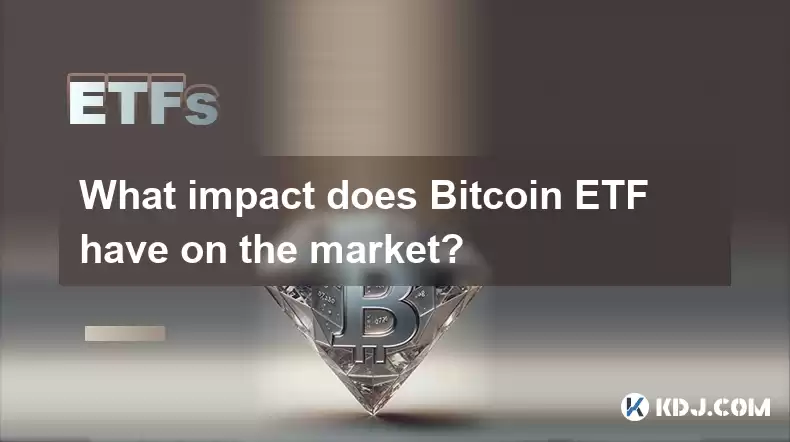
What impact does Bitcoin ETF have on the market?
Feb 25,2025 at 11:37am
Key Points:Introduction to Bitcoin ETFs and their role in the cryptocurrency marketHistorical development and performance of Bitcoin ETFsPotential ben...
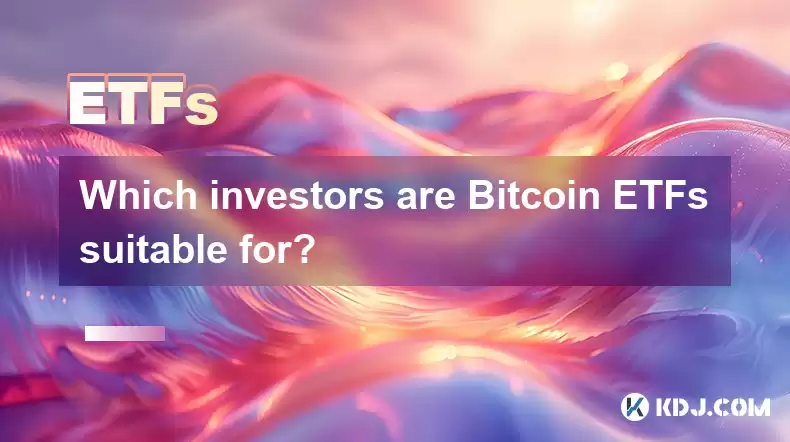
Which investors are Bitcoin ETFs suitable for?
Feb 27,2025 at 04:01pm
Key Points:Understanding Bitcoin ETFsBenefits of Bitcoin ETFsSuitability of Bitcoin ETFs for Different InvestorsAssessing Risk Tolerance and Investmen...
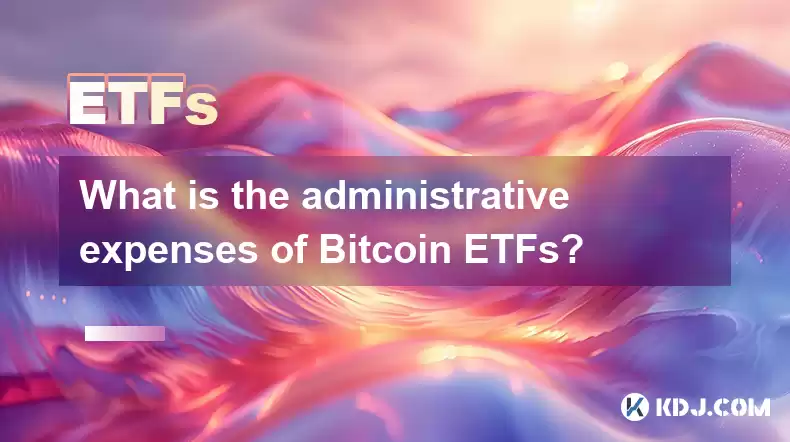
What is the administrative expenses of Bitcoin ETFs?
Feb 26,2025 at 12:24am
Key Points:Administrative expenses are a crucial factor to consider when evaluating Bitcoin ETFs.These expenses can significantly impact the performan...
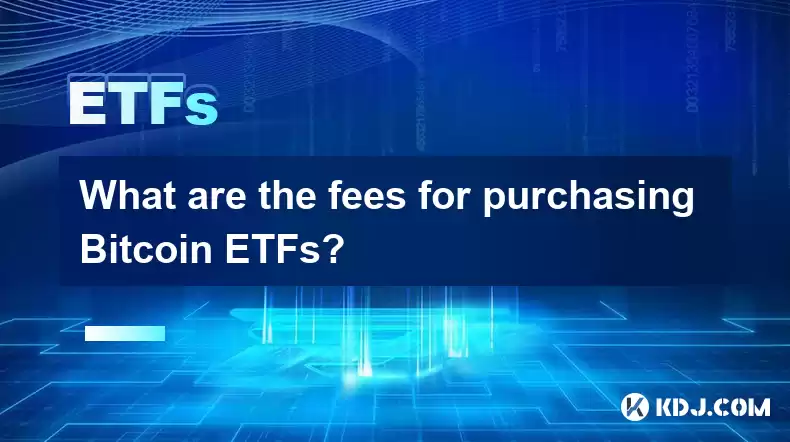
What are the fees for purchasing Bitcoin ETFs?
Feb 27,2025 at 07:13pm
Key Points:Bitcoin exchange-traded funds (ETFs) are a cost-effective and regulated way to gain exposure to Bitcoin.Fees associated with Bitcoin ETF pu...

What role does SEC play in Bitcoin ETF approval?
Feb 25,2025 at 06:48am
Key Points:SEC's Role in Bitcoin ETF Approval ProcessHistorical Efforts to Establish a Bitcoin ETFSEC's Criteria for Bitcoin ETF ApprovalPotential Imp...

Who is eligible to issue Bitcoin ETFs?
Feb 25,2025 at 11:13am
Key Points:Only regulated financial institutions with the necessary expertise and infrastructure are eligible to issue Bitcoin ETFs.The Securities and...

What impact does Bitcoin ETF have on the market?
Feb 25,2025 at 11:37am
Key Points:Introduction to Bitcoin ETFs and their role in the cryptocurrency marketHistorical development and performance of Bitcoin ETFsPotential ben...

Which investors are Bitcoin ETFs suitable for?
Feb 27,2025 at 04:01pm
Key Points:Understanding Bitcoin ETFsBenefits of Bitcoin ETFsSuitability of Bitcoin ETFs for Different InvestorsAssessing Risk Tolerance and Investmen...

What is the administrative expenses of Bitcoin ETFs?
Feb 26,2025 at 12:24am
Key Points:Administrative expenses are a crucial factor to consider when evaluating Bitcoin ETFs.These expenses can significantly impact the performan...

What are the fees for purchasing Bitcoin ETFs?
Feb 27,2025 at 07:13pm
Key Points:Bitcoin exchange-traded funds (ETFs) are a cost-effective and regulated way to gain exposure to Bitcoin.Fees associated with Bitcoin ETF pu...
See all articles

























































































